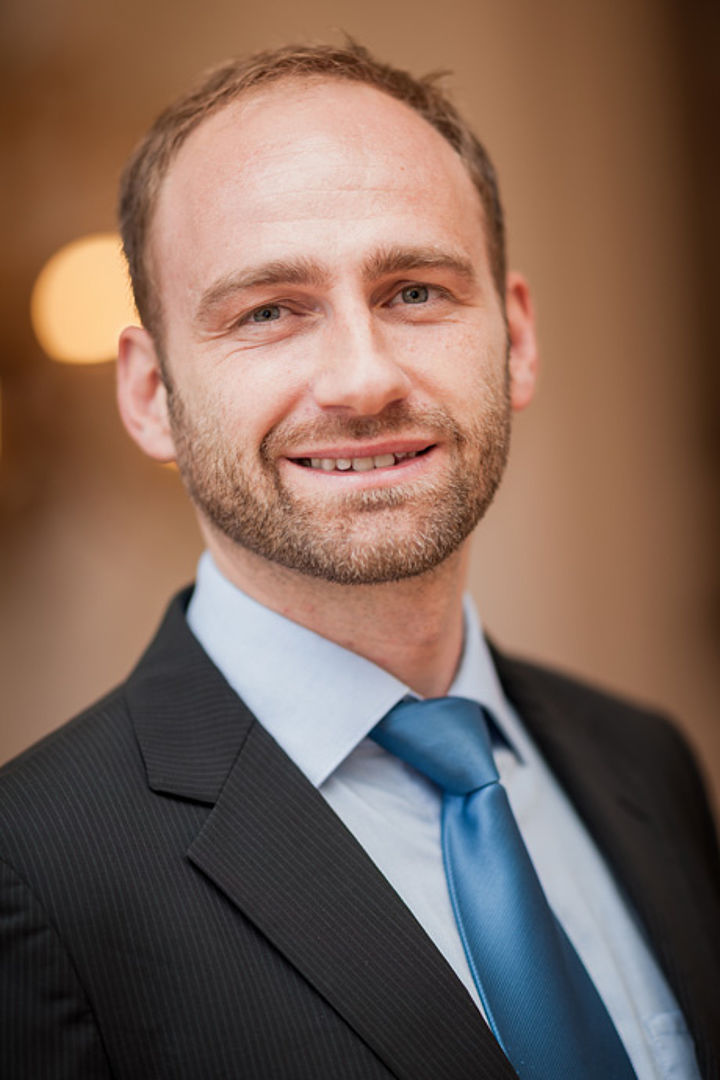

There are currently 48 EU agencies, located in over 22 EU member states. More than ever, EU agencies stand for solutions to European problems and as promoters of European integration. A mostly neglected feature of EU agencies is the growing involvement of third countries in EU agencies as a form of external differentiated European integration. Currently, Turkey fully participates in only two out of 34 powerful, decentralized, regulatory EU agencies: the European Environment Agency (EEA) and the European Monitoring Centre for Drugs and Drug Addiction (EMCDDA). Since no uniform rule exists concerning the systematic involvement of third countries in EU agencies, this project addresses the following question: In which policy areas and under what conditions could Turkey’s (enhanced) involvement in EU agencies be used as an EU membership substitute mechanism and, thereby, as a form of external differentiation? This project will explore the dynamic and flexible nature of cooperation through EU agencies as a potential valuable asset for Turkey and the EU given the often long and uncertain road to EU membership amid prolonged enlargement fatigue across EU member states.
Michael Kaeding is Professor for European Integration and European Union Politics at the Department of Political Science of the University of Duisburg-Essen, and holds an ad personam Jean Monnet Chair in "Understanding EU Decision Making and Member States’ Compliance with EU Policies". After completing his studies in France, Italy and Russia, he graduated from the University of Konstanz and Leiden University where he received his PhD and conducted postdoctoral studies on alternative forms of EU policy-making. Meanwhile, he had been consulting for the EU institutions, various national ministries and gained practical work experience with the Delegation of the European Commission to the United States in Washington, D.C., the Secretariat General of the Council of the European Union and the Centre for European Policy Studies. He is Visiting Professor at the College of Europe in Bruges, Visiting Fellow with the European Institute of Public Administration and Honorary Fellow at the University of Maastricht. In 2016 he was elected Chairman of the Board of the Trans European Policy Studies Association (TEPSA).